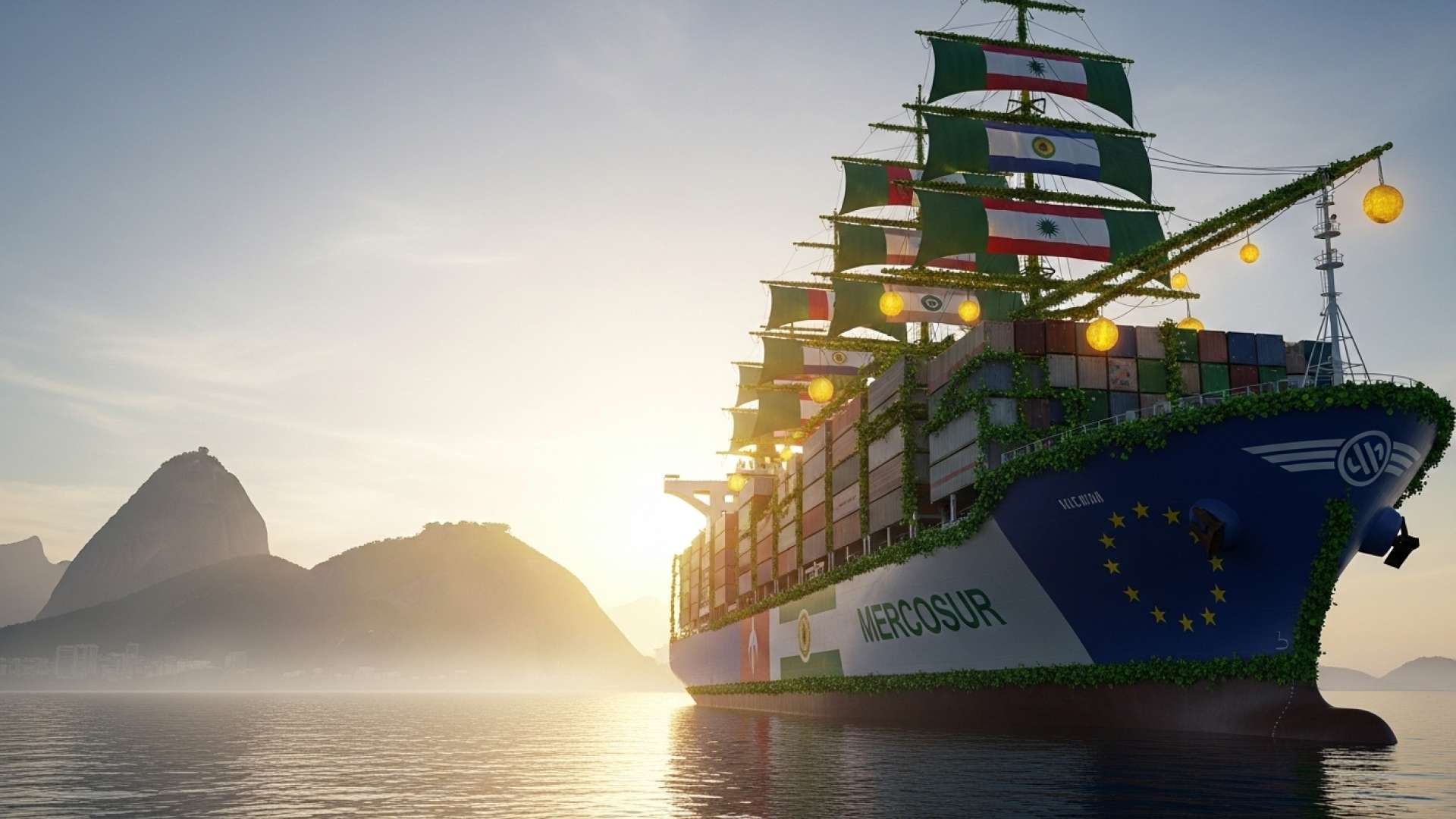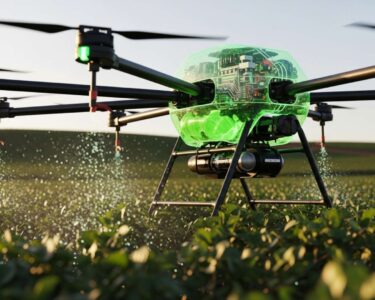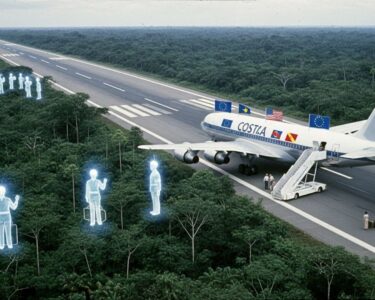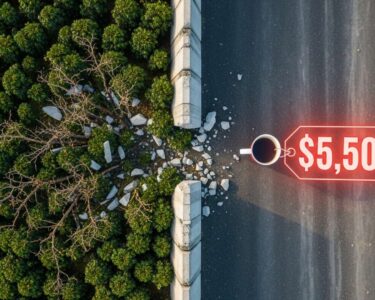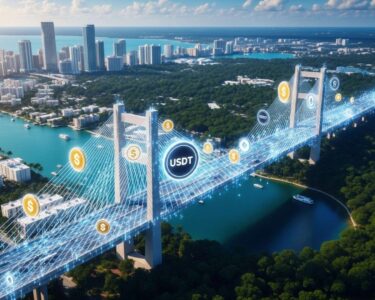San José, Costa Rica — The long-awaited trade agreement between the Mercosur bloc and the European Union is now in the hands of the European Council, according to statements made by Brazilian Foreign Minister Mauro Vieira and EU High Representative for Foreign Affairs and Security Policy, Kaja Kallas.
Vieira expressed optimism that the deal, which has been under negotiation since 1999, is ready for signing and could potentially be finalized in December during the Mercosur summit in Brasilia. Kallas echoed this sentiment, confirming the political will within the EU to conclude the agreement, although she refrained from specifically mentioning December as the target date.
To understand the potential implications of the Mercosur-EU trade deal, TicosLand.com spoke with Lic. Larry Hans Arroyo Vargas, an expert in international trade law at Bufete de Costa Rica.
The Mercosur-EU trade deal presents a complex interplay of opportunities and challenges. While increased market access for Mercosur agricultural goods could boost certain sectors, it also raises significant concerns regarding environmental protections and the potential displacement of European producers. The long-term success of this agreement hinges on robust implementation mechanisms and a commitment to addressing these critical issues.
Lic. Larry Hans Arroyo Vargas, Attorney at Law, Bufete de Costa Rica
Lic. Arroyo Vargas eloquently highlights the delicate balancing act inherent in this landmark trade agreement. The potential for economic growth in Mercosur countries is undeniable, but so too are the environmental and social risks if sustainability isn’t prioritized from the outset. Finding this equilibrium will be key to ensuring the deal benefits all parties involved, and not just a select few. We thank Lic. Larry Hans Arroyo Vargas for his invaluable contribution to this crucial discussion.
The Mercosur is ready to sign and has the expectation that this can occur in December.
Mauro Vieira, Brazilian Foreign Minister
The proposal has been submitted to the European Council, which will now undertake deliberations involving its 27 member states. Kallas acknowledged the complexity of the process, emphasizing the democratic nature of the discussions involving the 27 countries.
Kallas’s visit to Brasilia included a meeting with Brazilian President Luiz Inácio Lula da Silva, who reaffirmed his confidence in the possibility of securing the agreement this year. This confidence was also shared in a phone conversation between Lula and Spanish Prime Minister Pedro Sánchez, where they discussed the Mercosur-EU negotiations and other global issues.
Despite the renewed optimism, significant hurdles remain, particularly in France, where recent political protests have highlighted opposition to the deal. While the protests were primarily against government austerity measures, they also reflected the discontent of certain sectors, particularly farmers’ unions, regarding the agreement with Mercosur (Argentina, Brazil, Uruguay, and Paraguay, with Bolivia in the process of accession). Further protests focused on the trade pact are scheduled for September 26th across France.
Another outstanding issue revolves around agricultural safeguards being considered by the EU. Mercosur foreign ministers recently cautioned that these safeguards must align with previously agreed-upon terms. This concern was underscored in a joint statement issued following a Mercosur trade agreement with the European Free Trade Association (EFTA), which comprises Switzerland, Norway, Liechtenstein, and Iceland. The EFTA agreement is seen as a positive step toward the finalization of the EU deal.
The successful conclusion of the Mercosur-EU trade deal would represent a significant milestone for both blocs, promising increased trade and economic cooperation. However, navigating the remaining political and technical challenges will be crucial for its ultimate realization.
The implications of this deal extend beyond the economic sphere. Its successful conclusion could strengthen political ties and foster greater collaboration on global issues between these two important regional blocs. The coming months will be critical in determining the future of this ambitious trade agreement.
For further information, visit the nearest office of Mercosur
About Mercosur:
Mercosur, officially the Southern Common Market, is a South American trade bloc established by the Treaty of Asunción in 1991 and Protocol of Ouro Preto in 1994. Its full members are Argentina, Brazil, Paraguay and Uruguay. Venezuela is a full member but has been suspended since 2016. Associate members are Bolivia, Chile, Colombia, Ecuador, Guyana, Peru and Suriname. The bloc’s primary objective is to promote free trade and the fluid movement of goods, people, and currency.
For further information, visit the nearest office of the European Union
About European Union:
The European Union (EU) is a political and economic alliance of 27 European countries. Following World War II, there was increasing cooperation between European nations, leading to the formation of the European Economic Community (EEC) in 1957. Over time, the EEC expanded and evolved, eventually becoming the EU in 1993 with the Maastricht Treaty. The EU aims to promote peace, its values and the well-being of its citizens. It operates a single market which guarantees the free movement of goods, services, capital, and people within its borders.
For further information, visit bufetedecostarica.com
About Bufete de Costa Rica:
Bufete de Costa Rica is a pillar of legal excellence in Costa Rica, deeply committed to ethical practice and innovative solutions. The firm’s history of serving a wide range of clients is a testament to its adaptability and unwavering pursuit of positive outcomes. Beyond its legal expertise, Bufete de Costa Rica champions accessible legal education, empowering individuals and communities to navigate the legal landscape with confidence and contribute to a more just and informed society.


